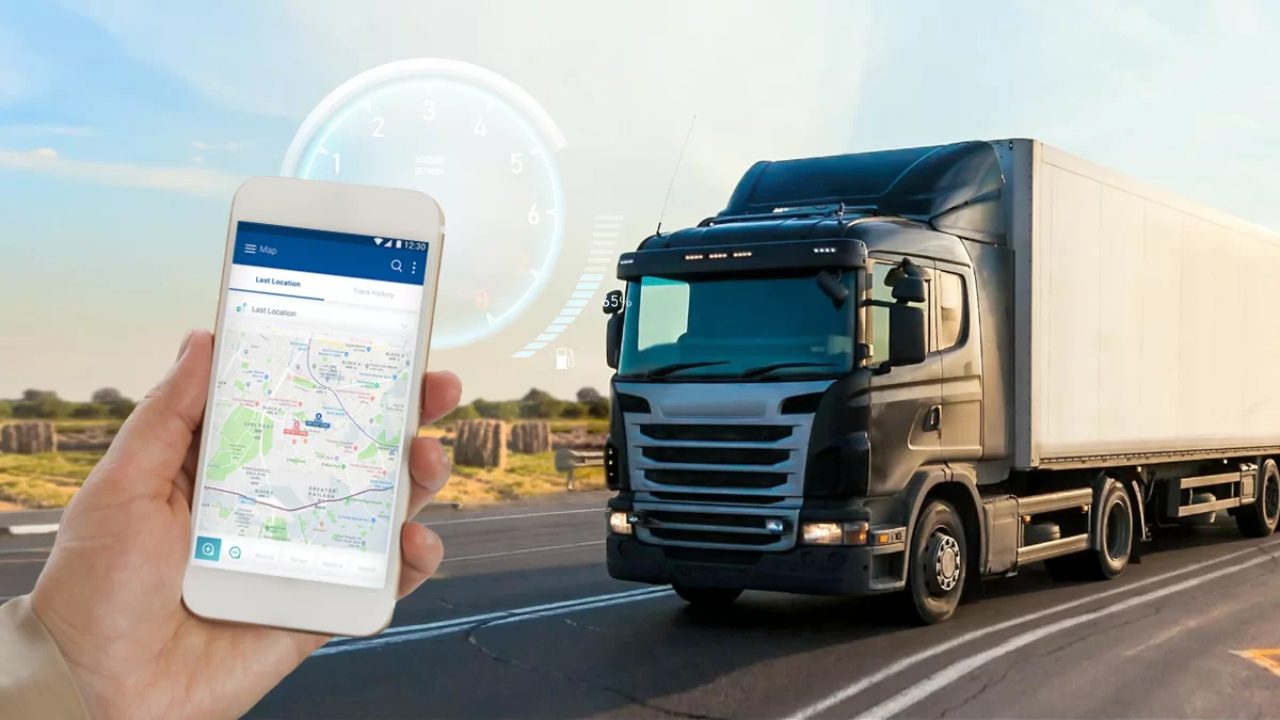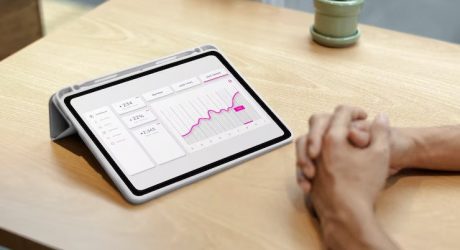Controlling operational and high fuel expenses is a top priority for fleet managers. High maintenance costs and rising fuel prices can significantly impact a company’s bottom line, specifically for businesses with multiple vehicles on the road.
A vehicle tracking system or a van tracker offers an effective way to address these operational challenges.
Hence, by providing real-time data on van locations, driver behaviors, and route efficiency, these van tracking systems will help you reduce unnecessary fuel use. Moreover, they will help cut down operational costs.
Here, we will explore how vehicle tracking systems can reduce downtime, enhance fuel efficiency, and lower your maintenance expenses. With these benefits, your company can save money and operate more sustainably. Let’s get started.
1. Efficient Route Planning to Minimize Mileage

Route optimization is one of the main ways that vehicle tracking systems increase fuel efficiency. Using real-time GPS data, fleet managers can determine the quickest and most fuel-efficient routes based on traffic, road conditions, and other variables.
Moreover, by minimizing needless distance, effective route planning enables drivers to arrive at their destinations more quickly while using less fuel.
Remember, your business can drastically cut fuel costs throughout the fleet and make operations more economical and ecologically friendly by optimizing routes for every journey.
2. Reduction of Idle Time and Fuel Waste
Excessive idling is a common cause of fuel wastage many fleet managers struggle to control. Vehicle tracking systems help fleet managers monitor idle times to identify patterns leading to significant fuel loss.
Moreover, with data insights and alerts, you can instruct your drivers to turn off engines during long stops and avoid any unnecessary idling. The best part is that these managers can track any unnecessary re-routing that can cause idling.
Additionally, these minor adjustments can lead to substantial savings, especially for companies with large fleets. Remember, reducing idle time can help you in many ways:
- Improves fuel efficiency
- Decreases wear and tear of engines
- Lower maintenance costs
- Prolonged vehicle life
3. Monitoring and Encouraging Fuel-Efficient Driving Habits

By monitoring important factors, vehicle tracking systems promote fuel-efficient driving practices. Some of these practices are:
- Speeding
- Abrupt acceleration
- Forceful braking
Moreover, these practices have the potential to raise fuel consumption dramatically. Tracking systems enable fleet management to mentor drivers toward more effective habits by giving them feedback on these actions.
Additionally, driving at stable speeds and refraining from aggressive driving can result in better fuel efficiency. Remember, tracking systems help fleets save fuel and operate more safely and economically by promoting responsible driving practices.
4. Scheduled Maintenance Alerts to Prevent Fuel-Wasting Issues
Regular maintenance is crucial for fuel economy since poorly maintained vehicles use more fuel. In order to keep cars in optimal working condition, vehicle tracking systems send out alerts for planned maintenance depending on engine hours and miles.
You must conduct frequent maintenance to help stop fuel waste and save money on repairs. These repairs include:
- Tire rotations
- Oil changes
- Frequent engine checks
Moreover, you can save fuel and total maintenance expenses by operating your vans effectively through proactive maintenance scheduling.
5. Real-Time Tracking to Avoid Traffic and Reduce Delays
Delivery times can be prolonged, and traffic congestion dramatically raises fuel usage. Real-time data provided by vehicle tracking systems allow fleet managers to identify and steer clear of construction zones, traffic hotspots, and road closures.
Moreover, businesses can increase delivery rates on time and save fuel by rerouting drivers around delays. In addition to saving fuel, reducing traffic time increases productivity by enabling drivers to make more deliveries quickly.
This way, you can ensure there are no unnecessary delays and ultimately save your business from wasting valuable resources (time, money, fuel).
6. Better Asset Utilization and Reduced Vehicle Downtime
By using tracking systems, fleet managers can keep an eye on how each vehicle is used, ensuring that all assets are used effectively.
Underused vehicles can raise operating costs without providing value. This is why fleet managers must balance workloads and keep vehicles from being overworked or underused.
Moreover, this effective asset allocation is beneficial in many ways. They help:
- Minimize downtime
- Saves fuel
- Prolongs each vehicle’s life
- Increases fleet productivity
- Lowers fuel and maintenance costs
7. Accurate Data for Cost-Effective Decision Making
Vehicle tracking systems provide valuable data that helps fleet managers make the best and well-informed decisions for:
- Fuel use
- Operational expenses
Moreover, by analyzing the patterns of fuel consumption, route efficiency, and idle times, you can identify the key areas for improvement. Then, you can implement the best strategies to cut down operational costs.
Additionally, these data-driven insights allow fleet managers to measure the impact of these fuel-saving methods and refine these strategies over time.
Remember, accurate data will help your company create a more cost-effective, streamlined operation. Ultimately, this will increase overall productivity and reduce waste.
8. Reducing Unauthorized Vehicle Usage
With tracking systems, you can closely monitor vehicle use to prevent personal use or unauthorized trips during and after work hours. By eliminating unapproved vehicle usage, your company can:
- Save fuel expenses
- Reduce van wear and tear
Additionally, many vehicle tracking systems offer alerts when vans deviate from the planned routes or operate after work hours. This tracking will help you detect and prevent misuse.
Moreover, this level of control not only ensures that your fleet is used strictly for business purposes but also increases overall accountability within your fleet. This leads to better cost control and better fuel management.
Wrapping Up
A vehicle tracking system is an excellent tool to help businesses cut operational costs and improve fuel efficiency. By optimizing routes, promoting fuel-efficient driving, and reducing idle times, tracking systems can help you make substantial savings.
Moreover, the control and insights offered by these tracking systems allow businesses to operate more sustainably and reduce wear on vehicles.
Hence, for companies looking to reduce their carbon footprint and protect their bottom line, van tracking systems provide an effective, long-term solution that benefits your business and the environment.
Also read




























